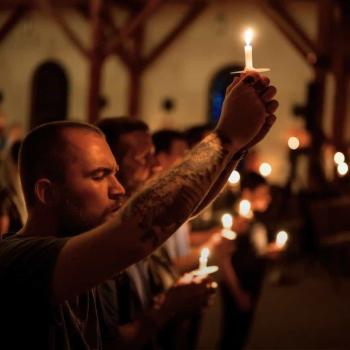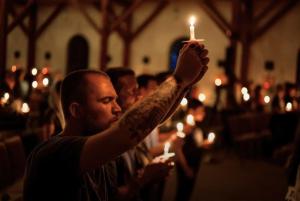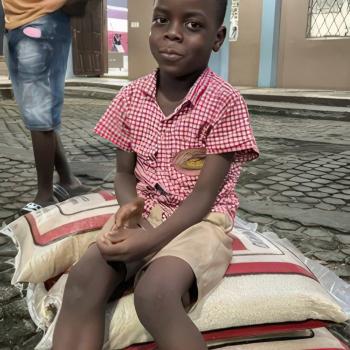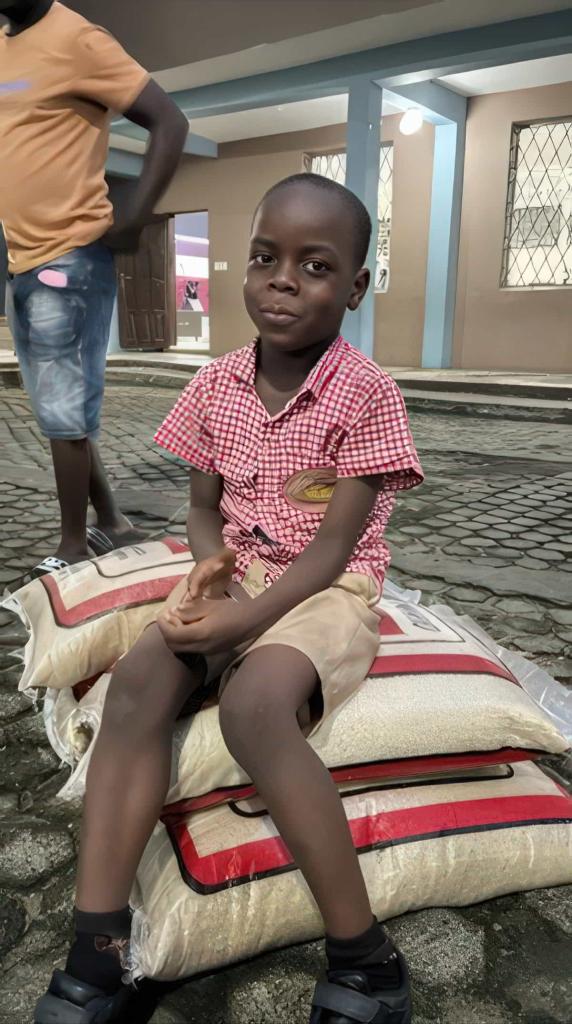Prina was a living a double-portion of a nightmare… After contracting leprosy, her husband was murdered in a land dispute, leaving Prina a quarantined widow. As the physical symptoms of Prina’s leprosy spread, so did the news of her disease among her relatives and other villagers. People, including her family, kept their distance and stopped interacting with her out of fear of contracting the disease. Although leprosy is one of the least infectious diseases, the lack of education about it in communities like Prina’s leads to fear and shunning—adding emotional distress to those already suffering.
Prina was banished to one room of her son’s house, where no one dared to enter. The only interaction she had with her family was when someone came to her door to deliver her daily meal.
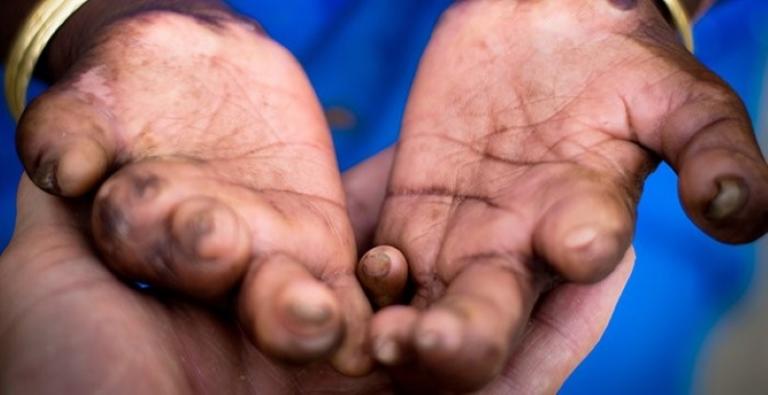
Hope Visits
One day, while Prina lay outside, she met Soma, the wife of a local Gospel for Asia (GFA)-supported pastor who had a church in the village.
When Soma and some women from the local Women’s Fellowship saw Prina, they stopped to offer prayer and comfort. Soma’s heart went out to this mother who had been abandoned to the shame of leprosy. Soma tried to talk to Prina, but fear and disgust mingled in Prina’s eyes, and she refused to engage with Soma and the other ladies.
Being a devoted follower of her religion, Prina despised Christians, just as the villagers despised her. Compounding her aversion was fear of even more ostracization by the villagers if she talked with Christians.
As the ladies silently prayed for Prina and made a move to leave, something in Prina shifted.
“No one likes me because I am a leprosy patient,” mourned Prina.
“Even my own relatives and children hate me—they don’t come near to me. For whom should I live now? I do not want to live and want to end my life.”
Soma felt Prina’s desperate anguish as the hurting woman shared her experience of rejection. The pastor’s wife encouraged Prina from the Word of God.
“If no one loves you, there is one God, who loves you more than anyone, and He wants to heal you from your disease. Do you want to know who that person is? That is our Lord Jesus.”
Hope dawned in Prina’s heart. She wanted to know more about this Lord Jesus who loved her. The desire for love and acceptance opened doors to Prina’s heart that were previously fastened shut. Soma shared more with Prina and invited her to join them for worship services.
Pursuing the God of Healing
Prina shyly stepped through the threshold of the house of worship. Although she rarely went in public for fear of insults and abuse, the hope that had sprouted from Soma’s encouraging words gave Prina the boldness she needed to enter the building.
The women at the church showered love on Prina. After service, the congregation gathered around her to pray for healing. Later that week, at a Women’s Fellowship gathering, Prina once again experienced acceptance and fervent prayers for healing.
Prina felt so much joy, and her faith in the Lord began to increase. Slowly, Prina noticed changes, not only in her heart and mind but in her body as well. The pain in her extremities began to subside. Gradually, the marks of her disease faded. After a few months of steadfast prayer, the Lord touched Prina’s body and brought complete healing. She was filled with joy, and praises flowed from her heart to her lips.
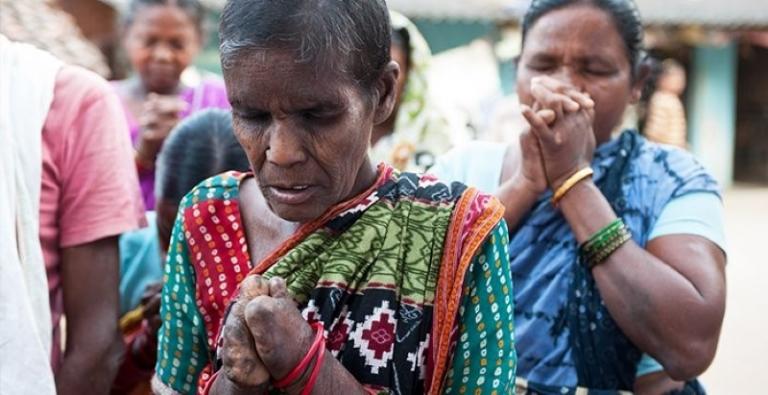
Prina’s family was shocked at the miracle in her life. They did not know that Jesus had such power and soon joined her at church to praise the God who does the impossible. Mother, son and the entire household are now actively engaged in the local church.
“I am so thankful to Sister Soma who came and visited me when I was alone and prayed for me,” Prina says.
“I am extremely thankful to God, who has healed me from this dangerous disease. I had no hope for my life, but God made the impossible possible. I will follow Him the remaining days of my life. Thank you, God.”
Prina’s house was completely transformed. No longer a place of seclusion and pain, her home is filled with love and joy, rooted in God’s goodness. Her healing has astonished the entire village, which witnessed her transformation.
Loving Those Affected with Leprosy Disease All Across Asia
All across Asia, many who have been shunned because of leprosy—like Prina—have experienced the love of Jesus through Gospel for Asia (GFA)-supported workers. These servants of God accept the despised and rejected with open arms.
“What an opportunity we have to serve these people,” expresses Dr. Daniel Johnson, the coordinator for Gospel for Asia (GFA)-supported medical ministry on the field.
“The ones who are unwelcome, out of sight and thought to be cursed—we have a chance to welcome them, bring them to the light and bless them, all because of the love of Christ.”
Join GFA in ministering with loving hands to those rejected because of the marks of leprosy. Together, we can bring hope and belonging to the outcast and forgotten.
Source: Gospel for Asia Features, The Curse of Leprosy Cured
Learn more about the GFA-supported leprosy ministry, or the Reaching Friends Ministry, helping remind people affected by leprosy that they have dignity and are valued by God.
Read more in Gospel for Asia’s Special Report: Leprosy—Misunderstandings and Stigma Keep it Alive – Although It’s a Curable Worldwide Problem.
Click here, to read more blogs on Patheos from Gospel for Asia.
Go here to know more about Gospel for Asia: Facebook | Sourcewatch | Integrity | Flickr | GFA | Lawsuit | Instagram | YouTube


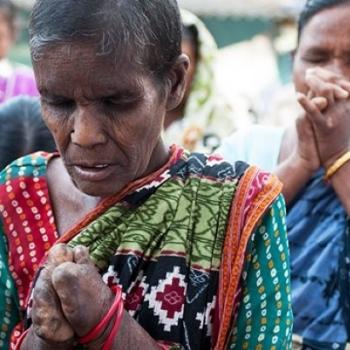
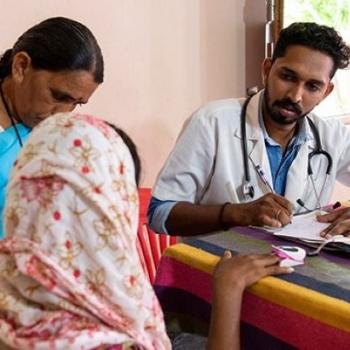
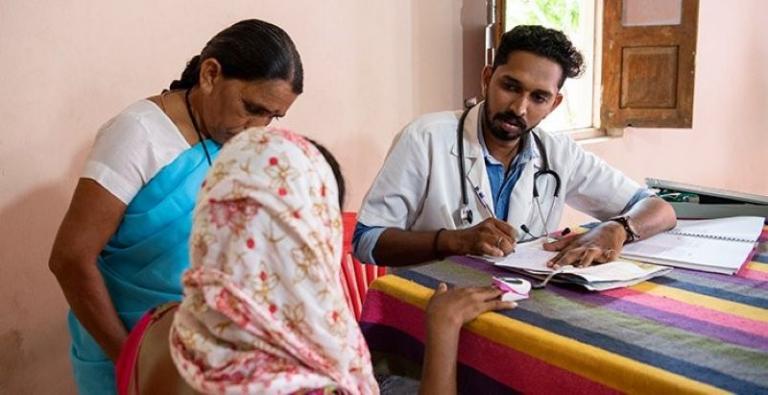
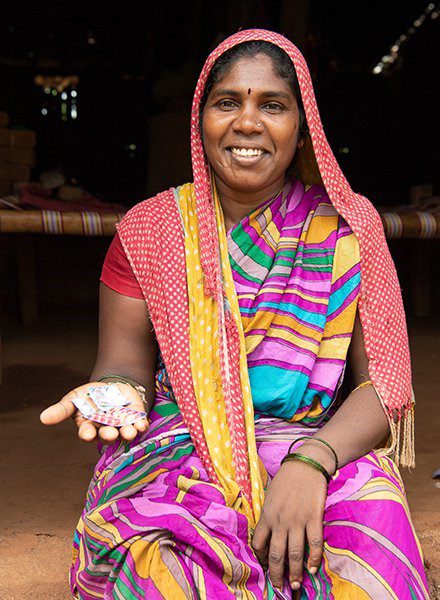

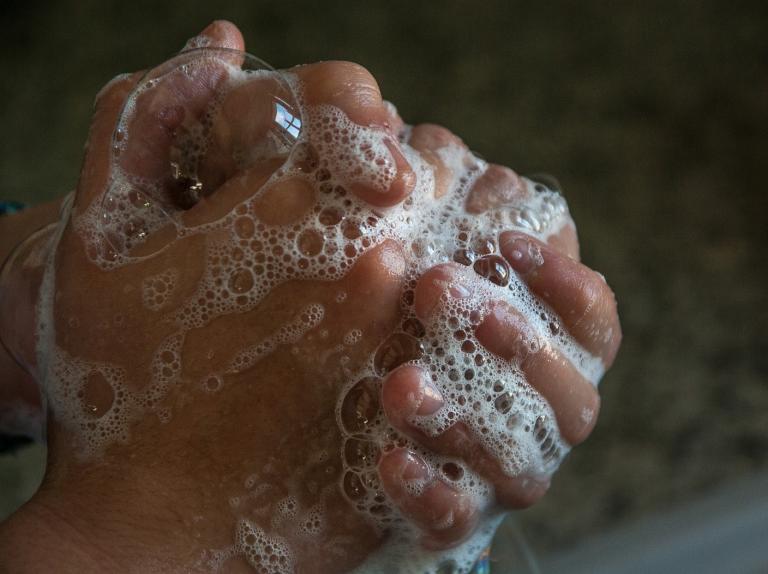
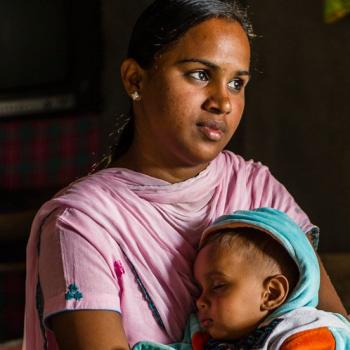
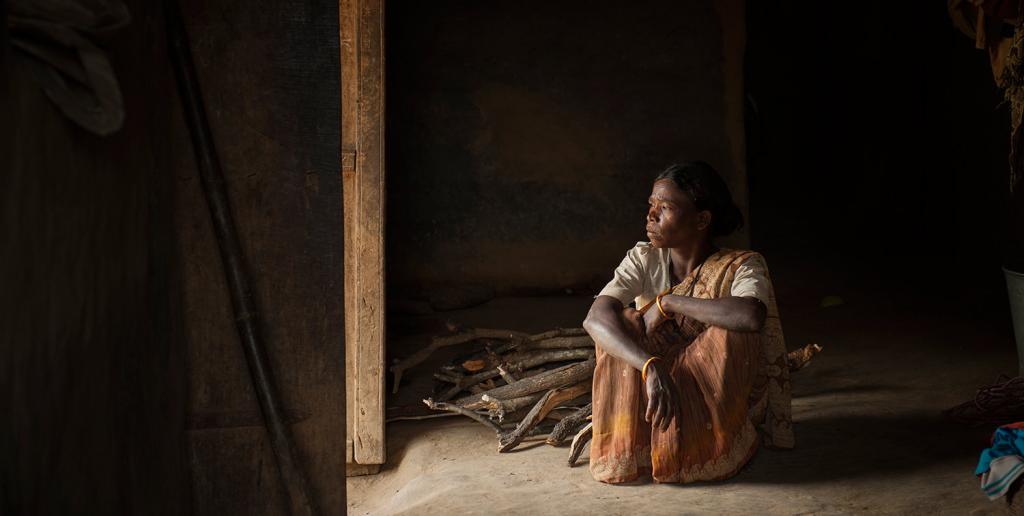
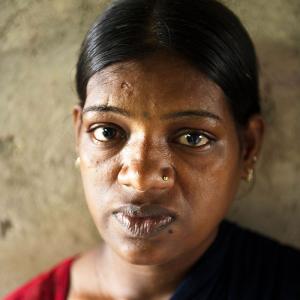
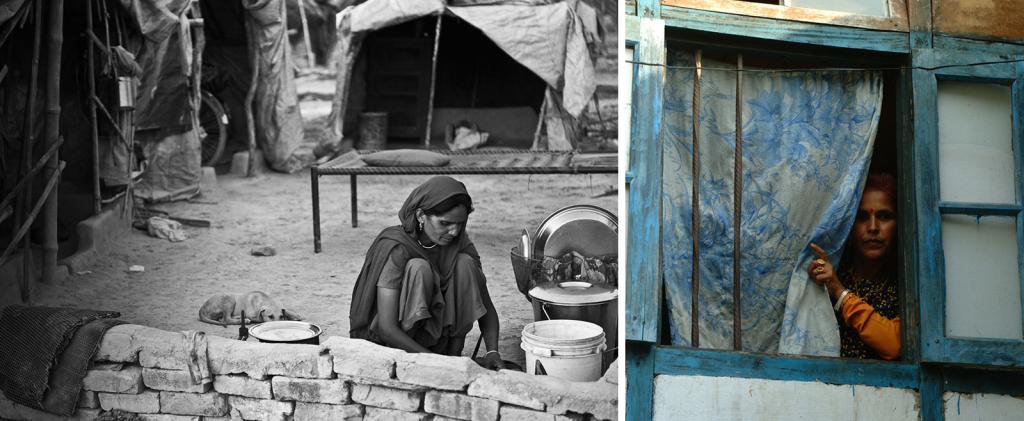
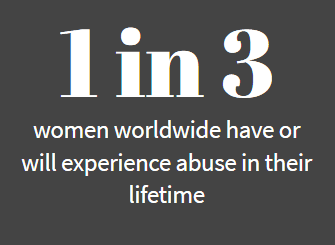 In 1993, the
In 1993, the 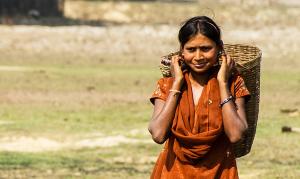
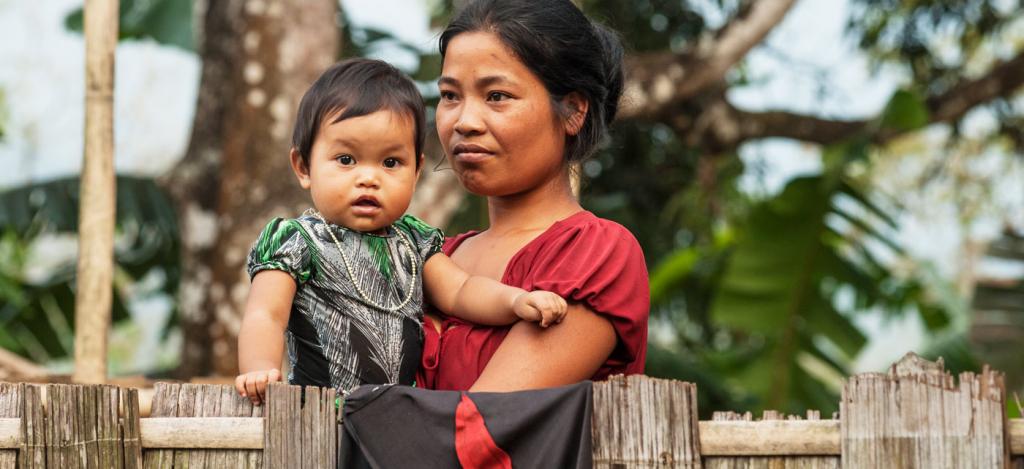
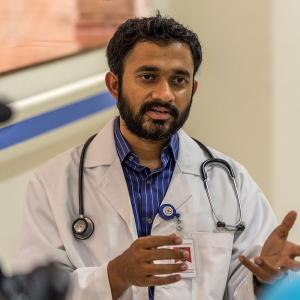
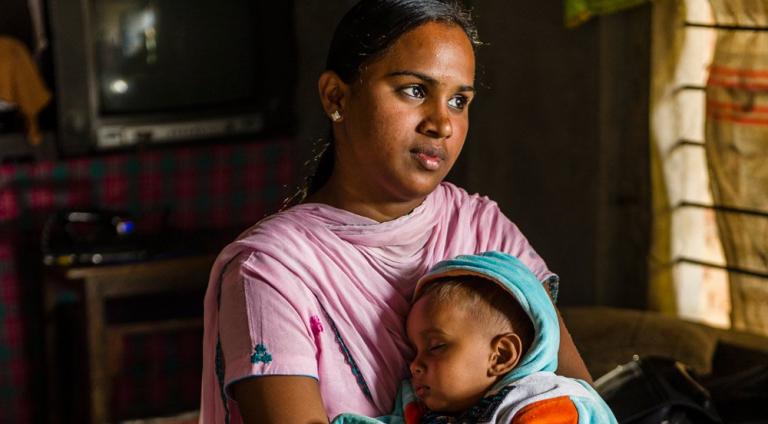
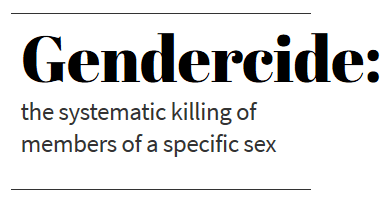 Think about it: 200 million girls and women who should be living and breathing right now, who could have made a contribution to their societies, who could have…changed the world. Yet they no longer exist, murdered even before they had the chance to live, or neglected without a care.
Think about it: 200 million girls and women who should be living and breathing right now, who could have made a contribution to their societies, who could have…changed the world. Yet they no longer exist, murdered even before they had the chance to live, or neglected without a care.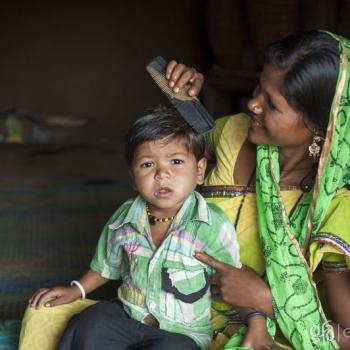
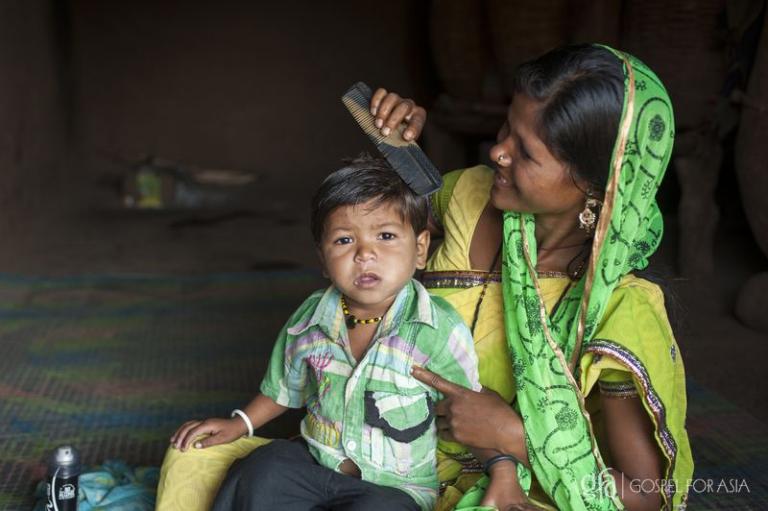
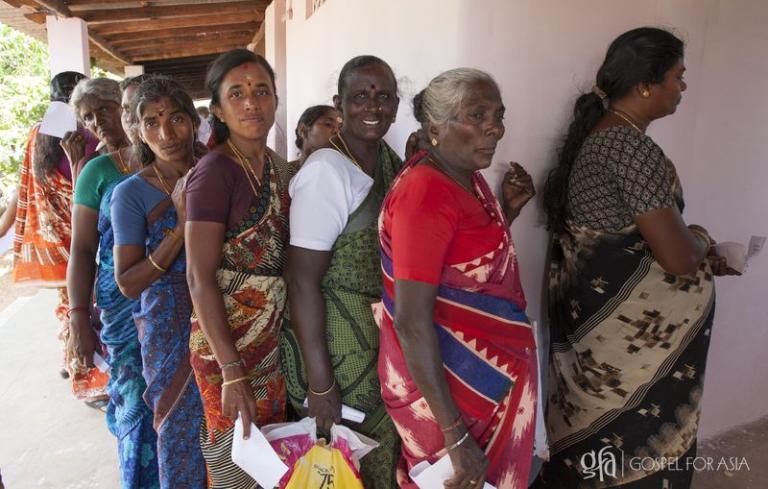
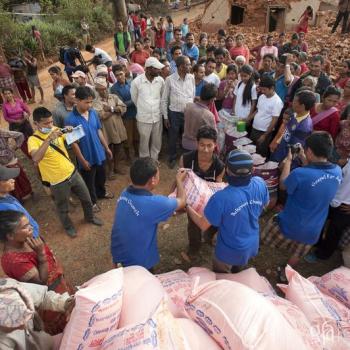
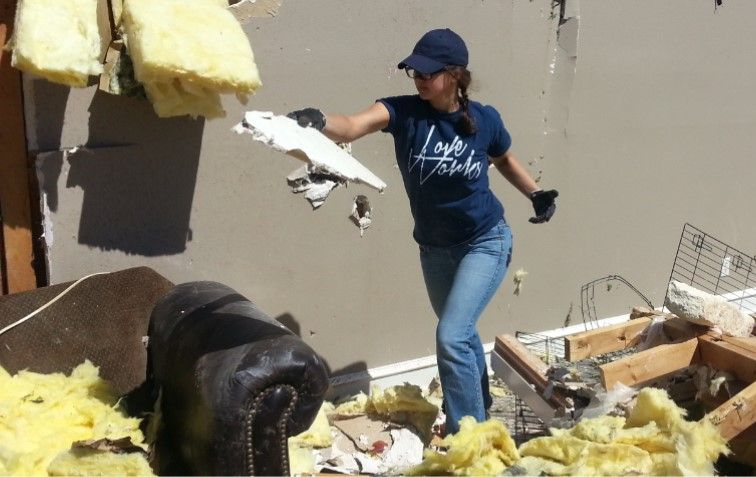
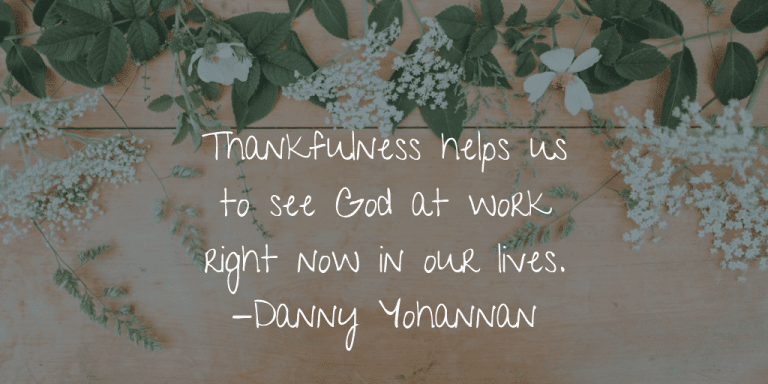
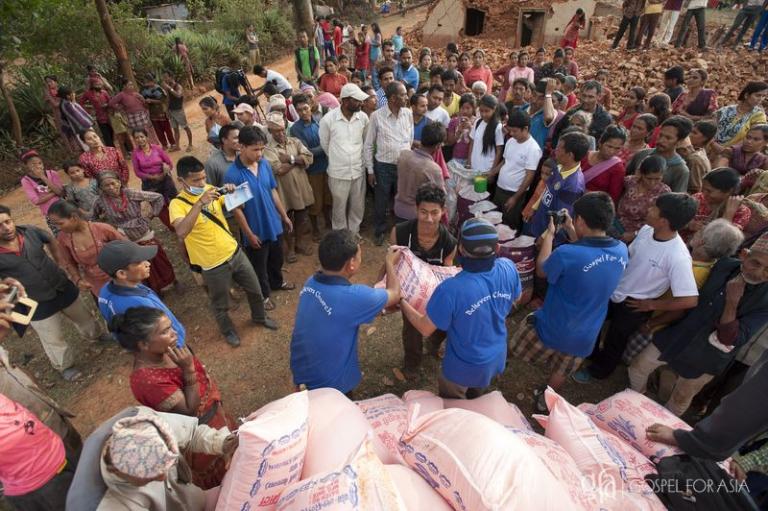
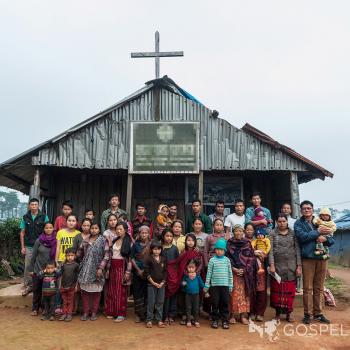
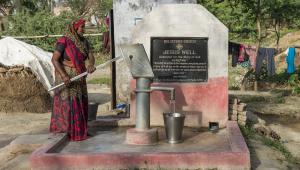



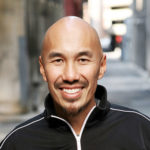
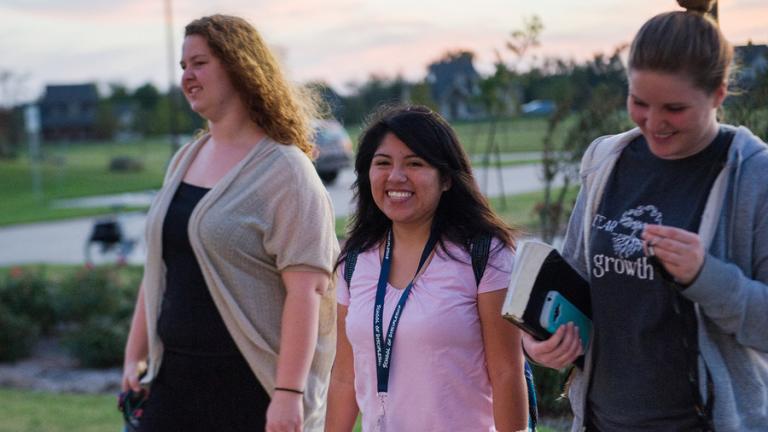
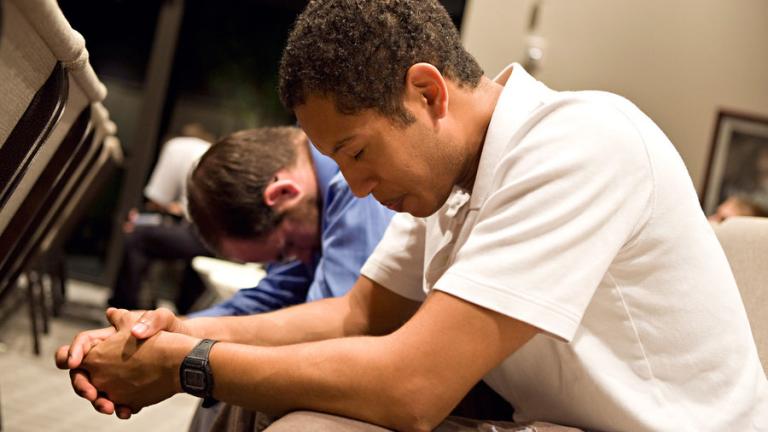
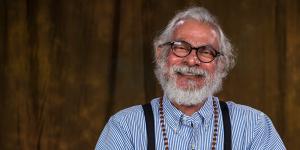

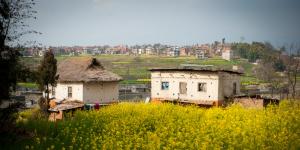
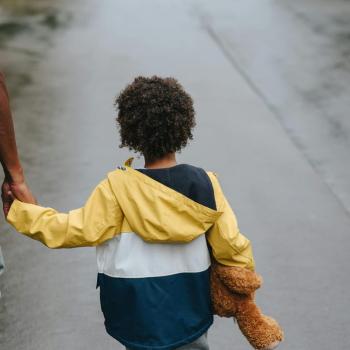
 I watched how, as he got older, his pursuit of God didn’t fade — it deepened. His heart and passion for those who had not heard about Christ only strengthened. He didn’t grow tired of the mission; he grew more consumed by it. And that passion wasn’t just in the gifts he gave or the words he spoke — it was in the life he lived, day after day.
I watched how, as he got older, his pursuit of God didn’t fade — it deepened. His heart and passion for those who had not heard about Christ only strengthened. He didn’t grow tired of the mission; he grew more consumed by it. And that passion wasn’t just in the gifts he gave or the words he spoke — it was in the life he lived, day after day.